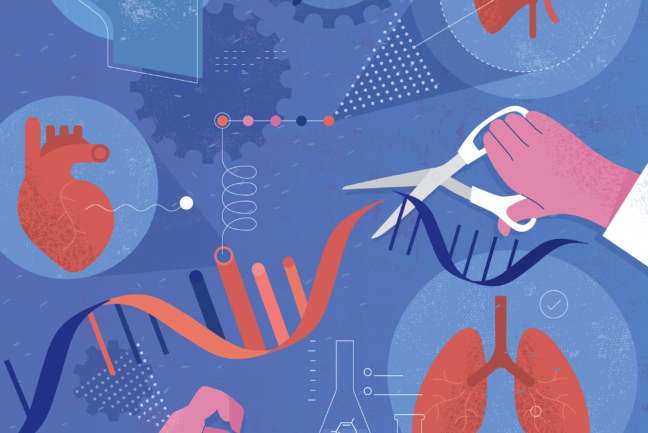About Us
The MESSAGE project aims to improve consideration of sex and/or gender by UK biomedical, health and care researchers.
About MESSAGE
MESSAGE is leading co-design and implementation of a policy framework for UK research funders to ensure that biomedical, health and care researchers account for sex and gender in their funding applications and their research projects.

Under “biomedical, health and care research” we include basic (cell/animal), clinical and population health research.
By “sex and gender policies”, we mean policies focused on improving integration of sex and gender considerations in biomedical, health and care research study design.
The overall goal of MESSAGE is to realise a culture change in UK research practice to integrate sex and gender dimensions at the core of project planning and execution. Educational materials to support researchers to learn the skills required to implement these changes within their own work will be launched on this website in 2024.
Why Sex and Gender?
Sex and gender affect our experience of illness, the conditions and symptoms we develop, how we are treated within a healthcare system, how we respond to treatment (including side effects), and our overall health outcomes. It is important to understand differences and similarities related to sex and gender to conduct accurate and safe research and improve health outcomes for all peoples.
Evidence demonstrates that there is, and has historically been, an over-representation of male participants in biomedical research:
- Up to 5.5 times more males than females are used in cell and animal research (Beery & Zucker, 2011)
- In phase I clinical trials, around 20% of participants are women (Ravindran et al., 2020)
Likewise, study data is rarely disaggregated on the basis of sex and gender in reported results and statistical models largely control for sex rather than treating it as an effect modifier.
Research which doesn’t take account of sex and gender leads to less targeted care and worse outcomes for all people, but particularly for cis women, trans and intersex people, and people with variations of sex characteristics.

Realising change: Co-design for policy innovation
A policy-focused initiative
High-income countries around the world – notably Canada, the United States and European nations under Horizon Europe – have longstanding funder policies in place to ensure researchers account for sex and gender in their research design when applying for funding. By contrast, the UK currently has no standard, unified policy guidance for researchers.
Evaluations of these existing policies worldwide show their effectiveness in improving the frequency and quality of how sex and gender are accounted for in research (e.g., Haverfield & Tannenbaum, 2021).

Funders are the first step in the research pipeline: they decide what counts as robust study design and therefore which studies are funded and approved. It is for this reason that MESSAGE is first designing a policy for research funders. It is essential that other members of the research sector are involved in the policy design process as new policy principles should be mirrored across the research pipeline.
To ensure the research sector is walking in step together, MESSAGE is bringing together stakeholders from across the sector to co-design a policy framework. The co-design process occurred over the course of four Policy Labs, held between May 2023 and April 2024.
A Policy Lab is a focused, collaborative workshop that brings diverse stakeholders together around a particular challenge. Discussions centre on developing new ideas and practical approaches to address the challenge, including understanding barriers and facilitators, with the ultimate aim of improving outcomes for users and patients.
The MESSAGE co-design process is centred on the principles of openness, transparency and learning: ensuring that all participants’ views and lived experiences are heard and incorporated as far as possible. We are particularly grateful to be able to hear the views and experiences of our patient representatives, including trans, non-binary and intersex individuals, who will ensure that policy content is relevant to the needs of the people it is intended to benefit.